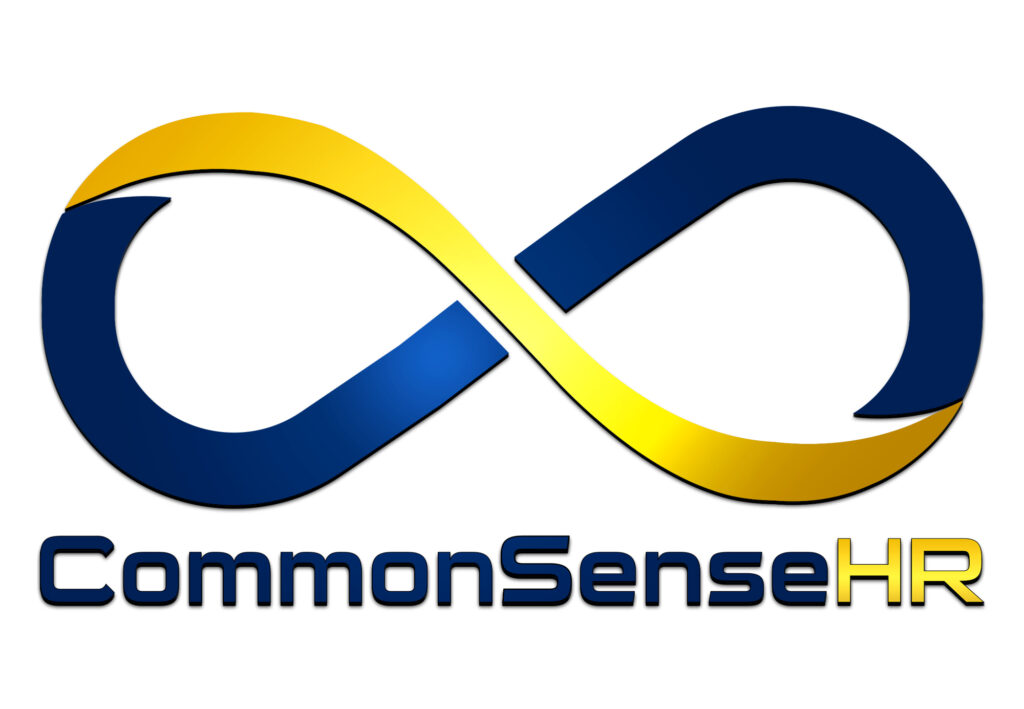You Cannot Manage What You Do Not Measure.
Numbers are important no matter what area of work you are in. This is the reality of today’s data driven economy.
Why are KPIs Important?
There are many reasons, but here are 4 that stand out:
- KPIs strengthen employee morale
- KPIs support and influence business objectives
- KPIs foster personal growth
- KPIs are critical for performance management
1. Using KPIs to strengthen employee morale
When companies drive for production without, at the same time, maintaining morale, then employees become suspicious that their employer is merely pushing for production for their own benefit. Conversely, companies that do not recognize the economic value of a healthy work environment might well view employees as needing to be pushed if they are to produce results.
A solution to this polar-opposite way of thinking is to frame KPI’s as a means of acknowledging employee’s hard work, while at the same time securing their feeling of accountability and responsibility. When each employee has certain KPI’s assigned to them then these can give that employee a sense of ownership in their work, and a means to demonstrating evidence of each person’s contribution to the team.
Companies often think that as long as an employee is getting a wage, regular hours and perhaps certain benefits such as health care, then they should be willing to do the job without complaint. However, when an employee is treated as a whole person this will bring out the discretionary effort that otherwise would lie dormant. Maslow’s hierarchy of needs suggest that we are motivated progressively as each level of need is realized. However, I would propose that the degree of motivation felt by an employee is very much determined by how many of those levels can be met at any one time.

How can KPIs foster personal growth
Not every initiative or project meets its targets, but monitoring performance against the targets set, whether achieved or not, at the very least, creates an environment of learning. KPI’s allow a team to see exactly how they are performing at any given moment. This means that a company does not have to wait until the end of the initiative or project to see how they are doing. Tracking KPI’s on a “real-time” KPI dashboard allows a company to ask what, how and when at any specified point along the way.
In addition to the numbers side of running a business the tracking of KPI’s is important for personal growth by building off the idea of increased morale. As shown in the illustration, providing a salary, steady hours and health benefits may meet an employee’s existence needs, but by incorporating KPI’s into the equation, employee relatedness needs are also met by creating a feeling of contribution and cohesion to the team.
Further, to the degree that these KPI’s can be met, employee esteem is increased, and by providing employees with the training to achieve these KPI’s the growth needs shown in the image are also met and employees are able to achieve far more than they might have otherwise. This is an essential part of contributing to workplace satisfaction and continued personal growth.


